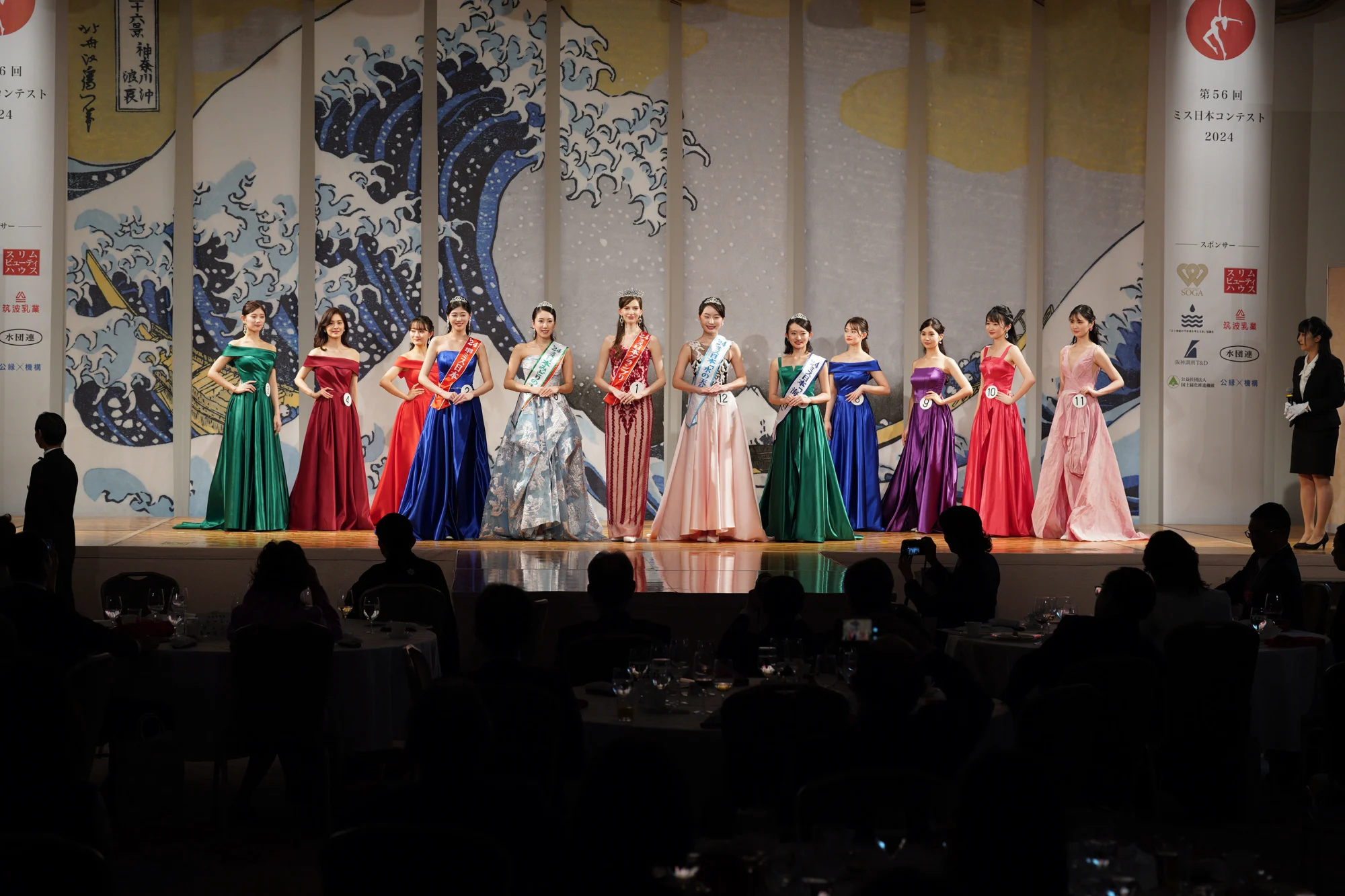Controversy and Identity: Miss Japan Pageant Crowned Ukrainian-Born Model
The recent crowning of Karolina Shiino, a Ukrainian-born model, as Miss Japan has ignited a contentious debate surrounding cultural identity and beauty standards. The decision by pageant judges to award Shiino the prestigious title has raised questions about what it truly means to be Japanese in a society that values homogeneity. As opinions diverge on social media platforms and among commentators, the controversy surrounding Shiino’s victory underscores the complex interplay between nationality, appearance, and belonging in modern-day Japan.

Shiino’s Journey to Miss Japan: Karolina Shiino’s journey to becoming Miss Japan is a testament to her deep-rooted connection to the country. Despite being born in Ukraine, Shiino moved to Nagoya at the age of five and has since embraced Japanese culture as her own. Fluent in the language and immersed in the local community, Shiino’s aspiration to be recognized as Japanese reflects her profound sense of belonging and acceptance within Japanese society. Her victory in the Miss Nippon contest symbolizes her desire to challenge stereotypes and redefine conventional notions of Japanese beauty.
Diversity and Acceptance in Japan: Shiino’s win comes at a time when Japan is grappling with issues of diversity and inclusion amid an aging population and declining birth rates. While traditionally regarded as ethnically homogenous, Japan’s demographic landscape is evolving, prompting discussions about the integration of foreign residents and immigrants. Shiino’s representation of Japan’s beauty ideals serves as a poignant reminder of the country’s shifting cultural landscape and the growing importance of embracing diversity in all its forms.
Public Response and Social Media Discourse: The announcement of Shiino’s victory has sparked a flurry of reactions on social media platforms, with commentators expressing both support and skepticism. While some commend Shiino’s dedication to Japan and her embodiment of its values, others question whether her European heritage aligns with traditional standards of Japanese beauty. Amidst debates over racial discrimination and cultural authenticity, Shiino’s triumph has reignited conversations about the intersection of nationality, appearance, and identity in contemporary Japan.
Reflections on Miss Japan Pageant’s Legacy: The Miss Japan pageant, established in 1950, has undergone significant transformations over the years, reflecting broader societal changes and evolving beauty standards. From its origins as a goodwill ambassadorship to the United States to its modern-day focus on celebrating Japanese womanhood, the pageant continues to evolve in response to changing cultural dynamics. As Ai Wada, the current organizer, emphasizes, Shiino’s selection as Miss Nippon is a testament to her character and values, highlighting the pageant’s commitment to recognizing individuals who embody the spirit of Japan.
Conclusion: The crowning of Karolina Shiino as Miss Japan represents more than just a beauty pageant victory; it encapsulates the complexities of identity and belonging in a multicultural society. As Japan navigates the challenges of demographic change and cultural diversity, Shiino’s triumph serves as a symbol of inclusivity and acceptance. Whether viewed as a celebration of individuality or a departure from tradition, Shiino’s reign as Miss Japan reflects the ongoing evolution of Japanese society and its embrace of a more diverse and inclusive future.
